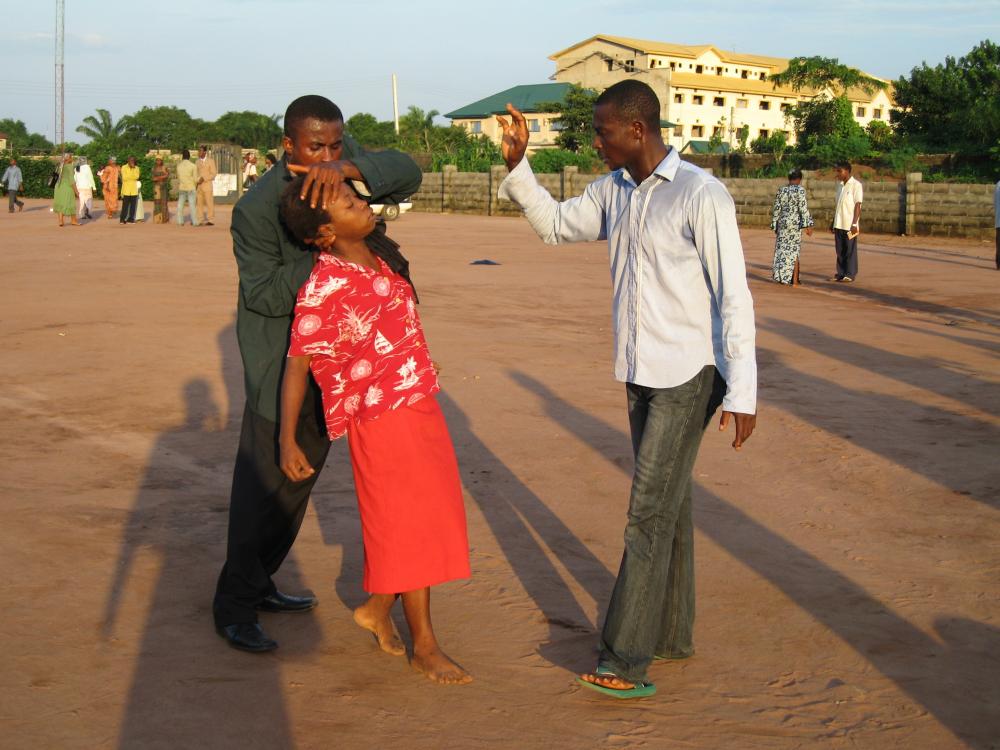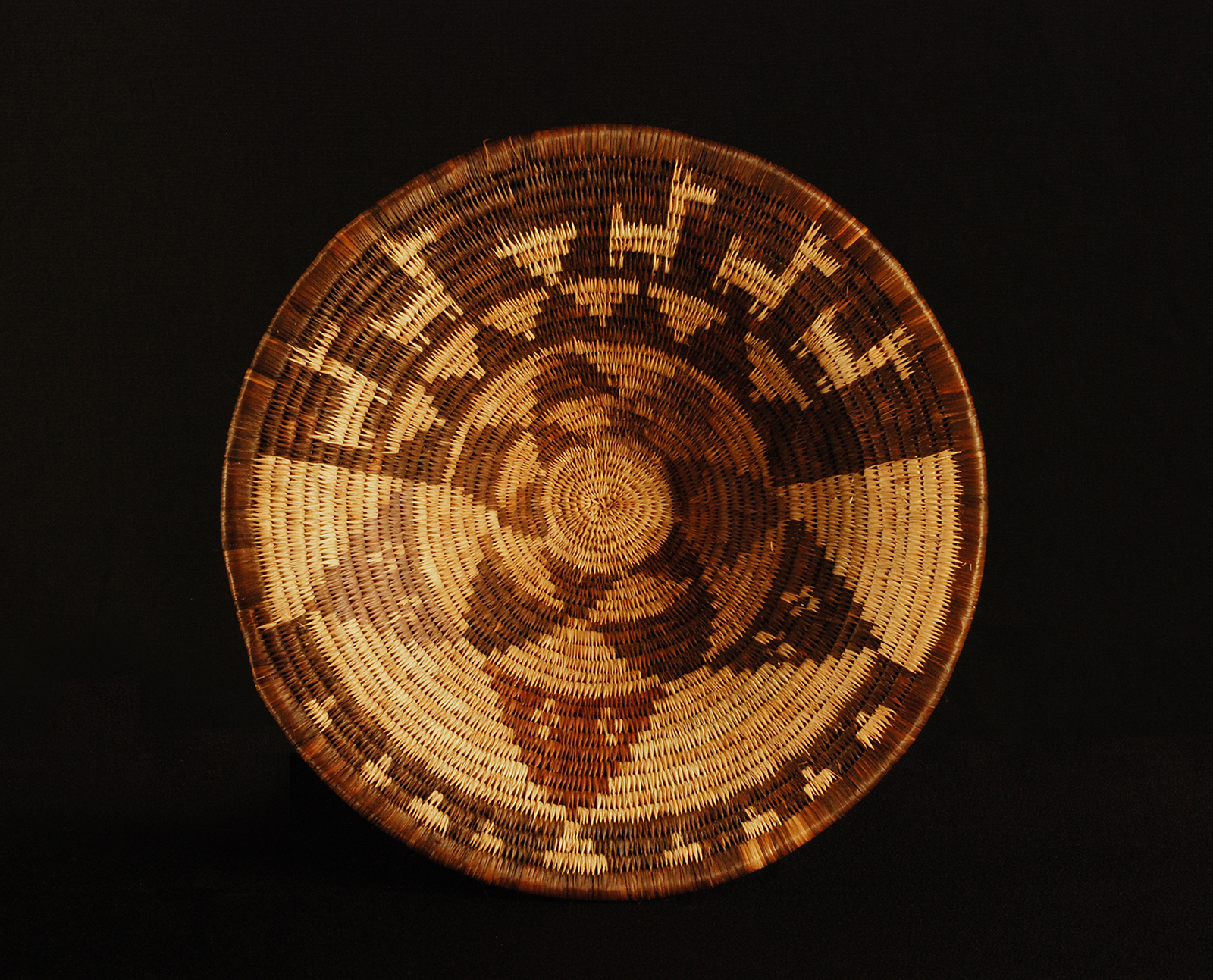Medical anthropology is a subfield of anthropology that seeks to understand human experiences of health, illness, and suffering. Medical anthropologists study topics such as global health, local health systems, indigenous medicine, violence and trauma, disability and the body, gender and sexuality, biotechnology, bioethics, and social suffering. Brown’s PhD program offers an array of opportunities for students seeking specialized training in medical anthropology. Brown’s anthropology faculty are actively engaged in researching a wide variety of topics within the subfield of medical anthropology, including HIV/AIDS and other infectious diseases, mental illness, reproductive health, gender and sexuality, violence and trauma, biotechnology, language and medicine, anthropology of drugs, and bio-archaeology.
 Students admitted to the PhD program in Anthropology who express an interest in studying medical anthropology should plan to enroll in Medical Anthropology (ANTH 2230), and at least one other relevant seminar such as International Health (ANTH 2200A). Students are also strongly encouraged to seek out additional relevant courses in other departments and to serve as a teaching assistant in an undergraduate medical anthropology course such as Culture and Health (ANTH 0300) or International Health (ANTH 1310). In addition, students are encouraged to participate in a student-led Medical Anthropology Reading Group and to attend related speaker series. PhD students who wish to focus on medical anthropology should work with appropriate faculty to develop a dissertation project that is grounded in the theory and scholarship of the subfield.
Students admitted to the PhD program in Anthropology who express an interest in studying medical anthropology should plan to enroll in Medical Anthropology (ANTH 2230), and at least one other relevant seminar such as International Health (ANTH 2200A). Students are also strongly encouraged to seek out additional relevant courses in other departments and to serve as a teaching assistant in an undergraduate medical anthropology course such as Culture and Health (ANTH 0300) or International Health (ANTH 1310). In addition, students are encouraged to participate in a student-led Medical Anthropology Reading Group and to attend related speaker series. PhD students who wish to focus on medical anthropology should work with appropriate faculty to develop a dissertation project that is grounded in the theory and scholarship of the subfield.
For more information, contact Professor Daniel J. Smith or Professor Katherine A. Mason.
